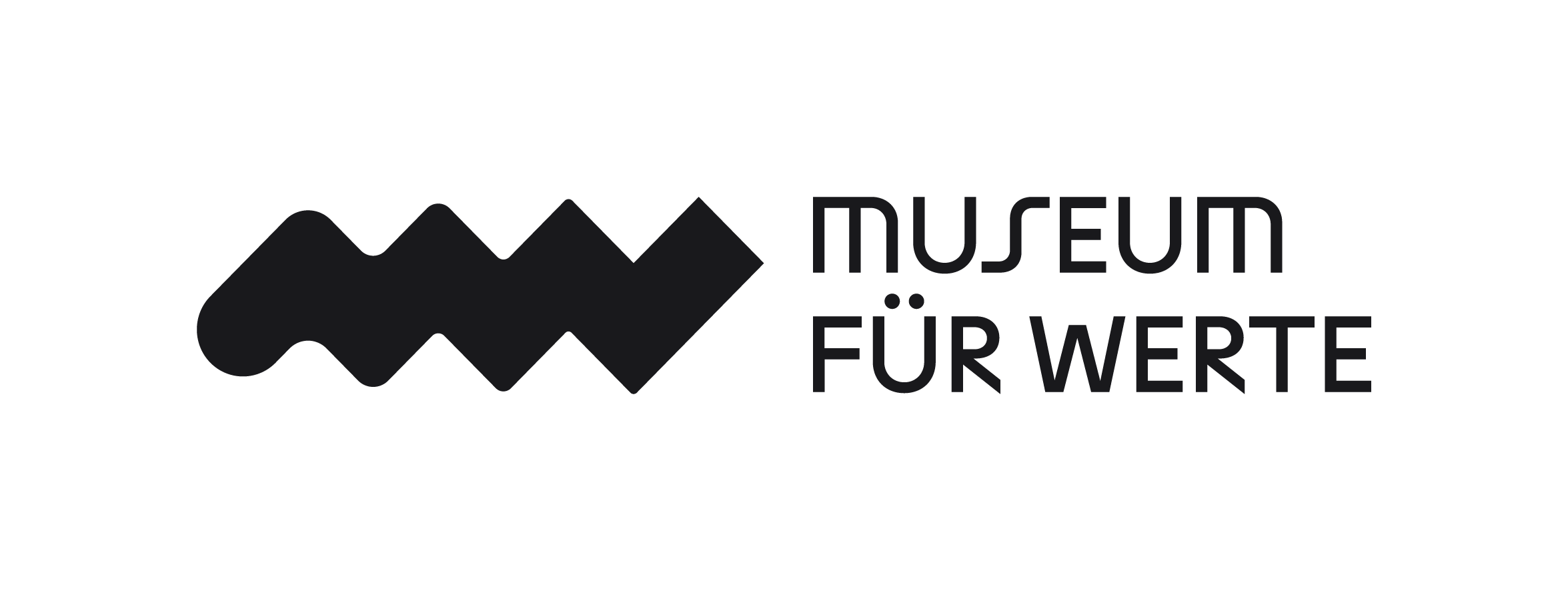Jennifer Wilton: A Dialogue on Freedom, Fear, and the Power of Journalism
What does it mean to be truly free? In this dialogue at the Museum of Values, Jennifer Wilton, editor-in-chief of Die Welt, offers profound and surprising answers. It's a conversation that ranges from her childhood spent between cultures to the responsibility of press freedom and her very personal approach to dealing with fear. A journey into the core questions of our time.
Link to the podcast .
Between Cultures: The Roots of Freedom
Jennifer Wilton's understanding of freedom was shaped early on. As the daughter of a New Zealand father, living between different cultures was second nature to her. "For me, living between cultures is almost natural by birth," she says. This experience created a fundamental openness and the ability to view the world from more than one perspective—a foundation for her current work.
Journalism as lived freedom
For her, the path to journalism wasn't a question, but a calling. "For me, it was always what I wanted to do, absolutely," she says, describing her determination. At the newspaper Die Welt, she found an environment that fueled this passion and offered her a special kind of creative freedom.
The freedom of the white side
She recalls a culture of empowerment: "You could do so much [...] you had an idea and said, hey, I want to do this and that. And they were like, sure, go ahead." This freedom to pursue and implement ideas is the driving force behind innovative journalism.
The balancing act: freedom of the press and responsibility
As editor-in-chief, Jennifer Wilton finds herself in a constant state of tension. She must maintain a balance between conservative and liberal values and re-explore the boundaries of freedom of expression on a daily basis. She describes her position as a center-right position, from which she strives to give as many different voices a voice as possible.
A new way of dealing with fear
A central aspect of her leadership role and her understanding of personal freedom is dealing with fear. She advocates for a re-evaluation of this often negatively charged feeling: "I actually believe that we generally have a completely wrong approach to dealing with fear. [...] Fear is a totally okay feeling." It's not fear itself that paralyzes us, but our learned, often panicky, reaction to it.
A piece of the wall: When freedom becomes tangible
A piece of the Berlin Wall she brought to the interview serves as a powerful symbol. The memory of the fall of the Wall, which she experienced as a 12-year-old, is deeply emotional for her. "When I got up [...] my mother was sitting in front of the television, half crying." For her, this tangible piece of history represents not only one of the greatest moments of freedom, but also the fragility of that freedom.
Conclusion: The courage for personal freedom
As the conversation progresses, it becomes clear: For Jennifer Wilton, freedom is both something delicate that must be protected and something strong that emerges from inner growth. She has learned that dealing productively with fear and being willing to be vulnerable are crucial to achieving true freedom. By balancing different perspectives and taking on journalistic responsibility, she experiences a freedom that not only serves her but also enables social dialogue.
Today, she says, she feels "personally extremely free." Her attitude demonstrates that one can act best as a human being from this inner strength.
"Deciding for yourself where to set your boundaries is, of course, also a form of freedom." - Jennifer Wilton




